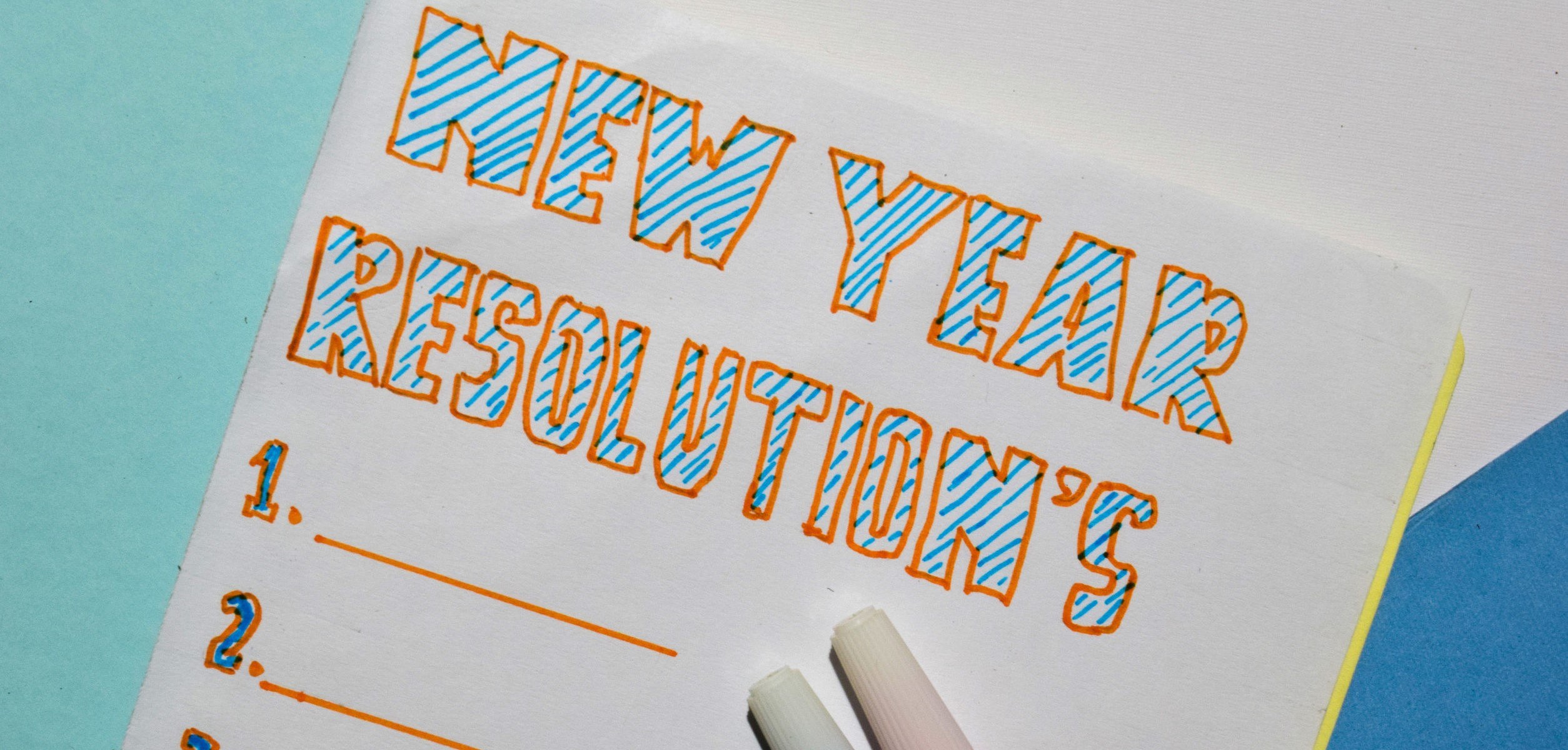
A runner’s high is an extraordinary sensation that many exercise enthusiasts strive for. It is described as a deeply relaxing and even euphoric state that, when experienced, will keep you coming back for more.
While for some runners, it’s a constant in their athletic lives, others only experience it once in a while, and some not at all.
In this article, we’ll answer any questions you might have about this elusive feeling, like how do you get a runner’s high and what exactly does it feel like?
Most importantly, we’ll provide you with an in-depth analysis of the possible causes of a runner’s high, giving you a better shot at finally experiencing this unique pleasure for yourself.
WHAT IS A RUNNER’S HIGH?
A runner’s high is a relatively short-lived state of euphoria that sometimes accompanies prolonged high-intensity exercise.(1)
Triathlete Scott Dunlap describes a runner’s high as “Two Red Bulls and vodka, three ibuprofen, plus a $50 winning Lotto ticket in your pocket.” But the physical sensations that each person experiences are different, with some people never experiencing a runner’s high at all!
The good news is you don’t need to run an ultramarathon to experience a runner’s high. The bad news? What exactly creates these euphoric sensations isn’t completely understood.
That means there is no magic recipe for those wondering, “how do you trigger a runner’s high?” That being said, understanding the possible causes of the runner’s high can help those who want to experience this euphoric state finally reach their target.
WHAT CAUSES A RUNNER’S HIGH?
There are two schools of thought regarding the runner’s high. Originally, researchers believed that the runner’s high was triggered by the release of neurochemicals called endorphins, which are responsible for minimizing the pain of intense physical exercise.(2)
However, new research suggests that endocannabinoids may be responsible for this highly desirable feeling. In reality, it’s possible that endorphins and endocannabinoids work in unison to create a runner’s high.(3)
ENDORPHINS
Endorphins are “feel-good” chemicals that are released during both pleasurable and painful experiences, such as getting a massage or doing high-intensity exercise.(4)
When your body experiences pain, endorphins – which function as natural pain relievers – are released to block the pain receptors responsible for receiving pain signals. High-intensity exercise done for extended periods triggers the release of endorphins to help our bodies adapt to stress. Making these chemicals a plausible cause of a runner’s high.
However, new evidence suggests that these molecules are too large to pass through the blood-brain barrier. Leaving researchers in search of another possible cause of this euphoric feeling.(5)
ENDOCANNABINOIDS
Under further investigation, researchers also discovered high amounts of molecules called endocannabinoids that are released during high-intensity exercise.(6)
Endocannabinoids are molecules similar to the cannabinoids you find in THC, the active ingredient in marijuana, but are naturally produced by your body. They have been shown to produce euphoric sensations, reduce anxiety, and enhance feelings of calm, all of which are important components of a runner’s high.(1)
Triggering the release of endocannabinoids is just one of the benefits of running every day, along with improving cardiovascular health, mental clarity, and boosting your mood.
HOW LONG DOES A RUNNER’S HIGH LAST?
Most runners will need to undergo 60 minutes of steady aerobic exercise in order to experience a release of beta-endorphins – one of the chemicals thought to be responsible for a runner’s high.(7)
One study on beta-endorphins shows that the levels of these hormones in the body decrease by 50% within 40-90 minutes of exercise. This means that you can’t expect to feel the effects of a runner’s high for longer than a couple of hours.(8)
WAYS TO INCREASE YOUR MILEAGE
If you want to experience the effects of a runner’s high, the first step will likely be to increase your running stamina so you can maintain 60 minutes of higher-intensity exercise.
Here are some of our favorite tips for helping you run longer and faster.
EAT THE RIGHT PRE-RUN SNACK
The right snack eaten before your run has the potential to fuel a personal best or leave you feeling sluggish and sick.
Although there is no such thing as “the best diet for runners,” there are some foods that you would benefit from eating before a run. A banana with peanut butter is an example of an ideal pre-snack because it’s high in carbs, potassium, and protein.
However, simple-carb foods like white bread and heavy animal-based protein snacks are foods that are best to be avoided before high-intensity exercise.
FOCUS ON YOUR BREATHING
Your breathing is a key ingredient in high-intensity exercise. Without adequate oxygen, your muscles won’t have the fuel needed to sustain your movement.
When running, try to focus on breathing into your belly to ensure you’re getting all the oxygen you can in your lungs. You might also choose to practice rhythmic breathing as a way to increase your awareness of your breath.
USE AN APP
If you’re unable to reach your running goals on your own, you might consider using a running app, like the adidas Running app. In it, you’ll find workouts designed to challenge your running skills and a tracker to help you follow your progress.
Using the adidas Running app can provide you with many of the same benefits as hiring a running coach – at a fraction of the price.
CONCLUSION
The runner’s high meaning is increased euphoria and a feeling of relaxation that sometimes accompany long-distance or high-intensity exercise – but not always. It’s unclear whether a runner’s high is caused by endorphins, endocannabinoids, or a combination of the two.
Many experts believe that at least 60 minutes of intense exercise is required to trigger a runner’s high. But the truth is, there’s no magic recipe for inducing this elusive feeling.
If your goal is to experience the euphoric feeling of a runner’s high, finding ways to increase your stamina will help. You can start by using the tips outlined in this article, like switching up your pre-run snack, changing your breathing patterns, or downloading a running app.









